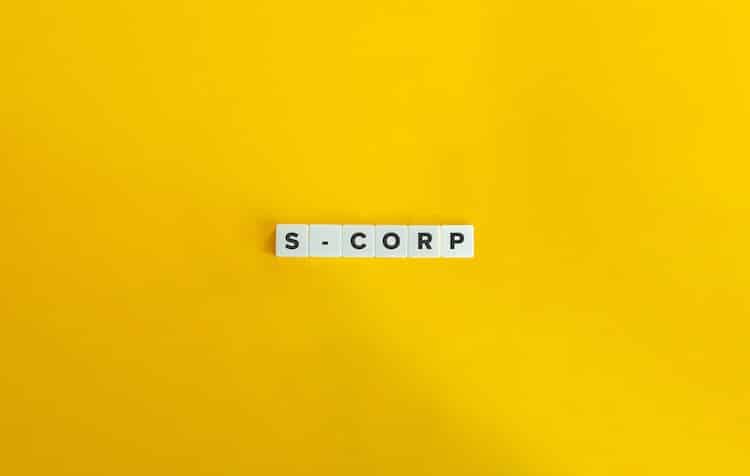
Tax Consequences of S-Corporations, LLCs, Partnerships, and other Pass-Through Earnings
This new blog series will discuss the question we tax professionals often hear: “Do I have to pay tax on that?” This first installment will focus on the earnings and tax consequences of S-Corporations, LLCs, Partnerships, and other Pass-Through entities.
To provide a little background, the Internal Revenue Code imposes income tax on “all income, from whatever source derived.” Courts interpret this provision pretty broadly to mean practically any type of transaction that involves some sort of financial income can be taxable income. As with all things IRS related, there are, of course, exceptions to this general rule which we will discuss in later blog installments. While it can be fairly obvious to those of us who have not spent too much time down certain tax related internet rabbit holes, items such as wages or profits from a business are taxable, however, sometimes it is not obvious just what is and what is not taxable.
One such income item that is not obviously taxable are the earnings of Pass-Through entities such S-Corporations, Partnerships, and LLCs. The profits and losses of these business entities “pass through” to the entity owners and are only taxed once. The business owners pay tax on the earnings of the pass-through entity. In contrast, C Corporations are not pass through entities. C Corporations (and not their owners) directly pay taxes on any profits the C Corporations earn. The owners of C Corporations generally pay tax only when the C Corporation makes a distribution to the C Corporation shareholders. The shareholders then pay tax on the distributions they receive which leads to a double tax.
Pass-through entities are often preferred to C Corporations because they avoid the double tax. However, the owners of pass-through entities must pay tax on any earnings the pass-through earns, even if the pass-through entity does not distribute a single dime to its owners. In short, a pass-through entity owner may pay income tax on income never received!
A recent tax court case illustrates this potential drawback of pass-through entities. In Maggard v. Comm’r, TC Memo 2024-77, an S-Corporation shareholder attempted to argue he should not have to pay taxes on S-Corporation earnings he did not receive. In the Maggard case, the Taxpayer alleged the other shareholders were embezzling money and looting the S-Corporation. The Tax Court held that despite the taxpayer never receiving distributions and despite the other shareholders’ alleged misconduct, the Taxpayer still had to pay tax on the S-Corporation earnings.
S-Corporations and other pass-through entities are often the best choice for many business owners who wish to minimize their tax burdens. Nevertheless, business owners that choose to form S-Corporations or other pass-through entities should be aware of all the benefits and potential drawbacks of their entity choices. The Internal Revenue Code’s definition of Income is broad and expansive and can include money that you never received.
RJS LAW’s experienced attorneys assist business owners with entity formation, business and tax planning, estate planning, and tax controversy, including audits. For a no cost consultation call 619-595-1655 or visit RJS LAW on the web if you have questions regarding tax planning or any other tax issues.
Written by Joseph Cole, Esq., LL.M.

Leave a Reply